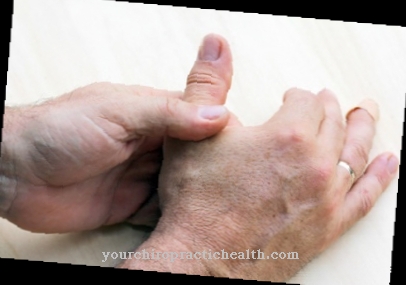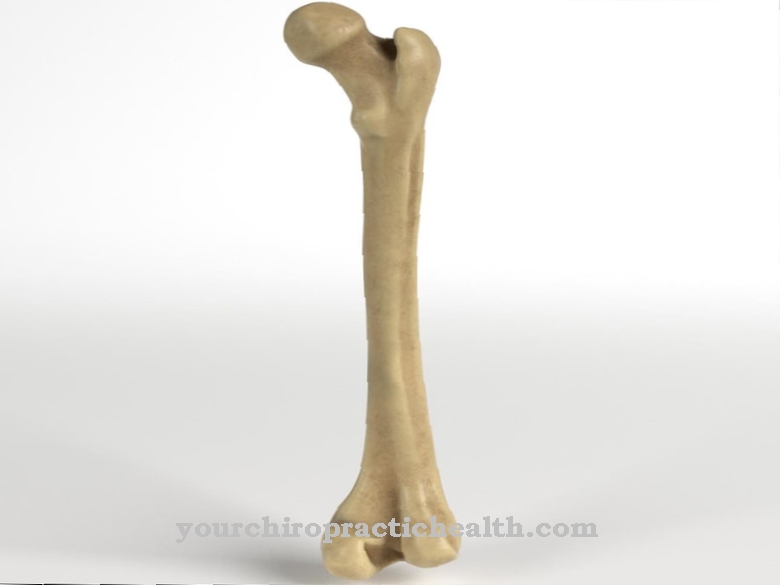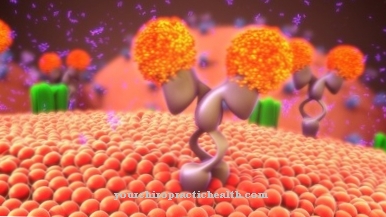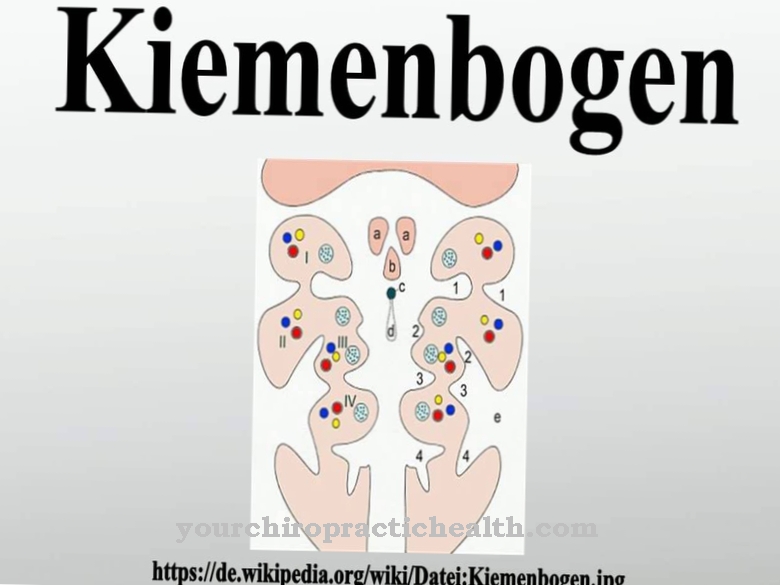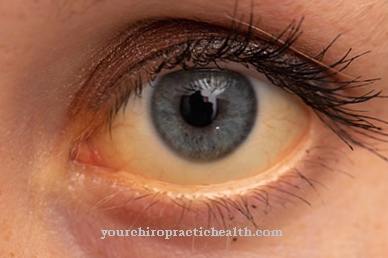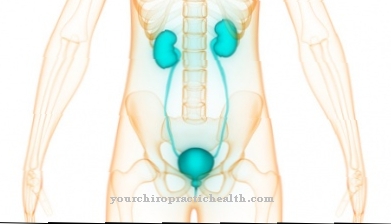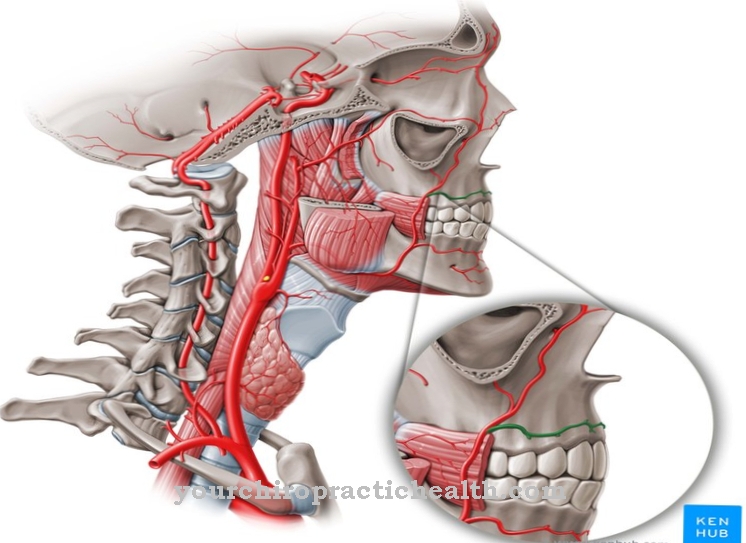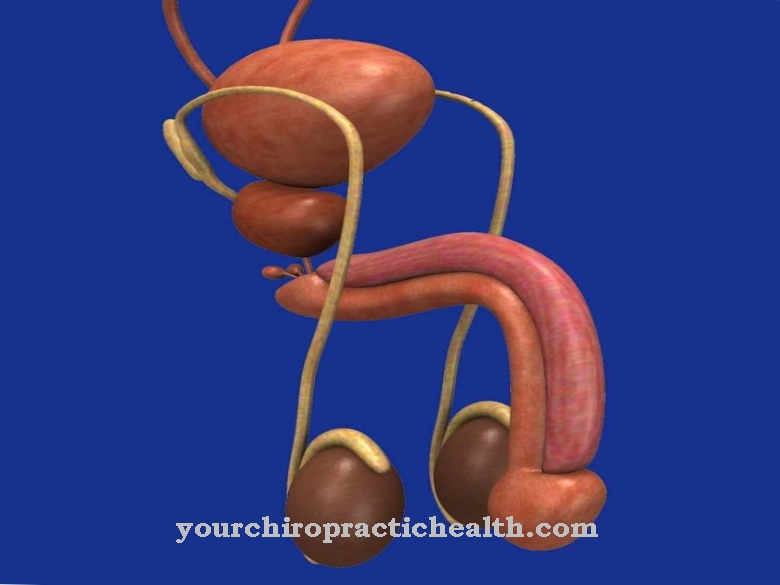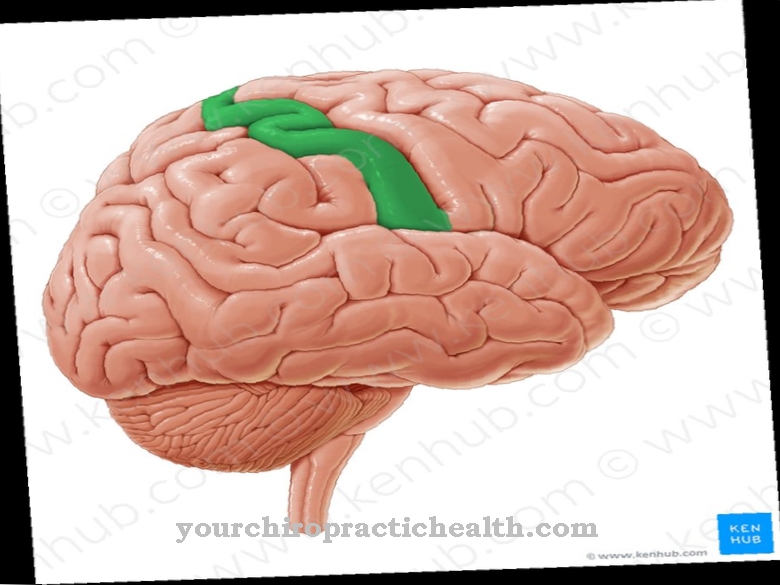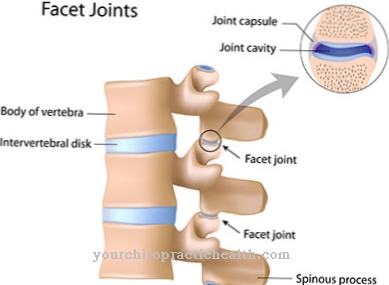In addition to carbohydrates, fats and proteins, the human organism also needs various vitamins. This includes the vitamin B12. A Vitamin B12 deficiency can cause numerous complaints and should be treated.
What is Vitamin B12 Deficiency?
Vitamin B12 plays an important role in health. The need can be described as very low, but it should not be missing. The vitamin contributes to blood formation, cell growth, cell division, the formation of the sheaths of neurons, the production of DNA and RNA and the absorption of folic acid.
The important functions of the vitamin also explain the severe extent of a deficiency. This can come about due to various factors. Contrary to many rumors, not only vegans and vegetarians suffer from you Vitamin B12 deficiency. Overall, a doctor should be consulted if there is any suspicion. Otherwise there are serious long-term consequences.
causes
The causes may be in the diet. B12 can only be found in animal products. Accordingly, the risk of developing a B12 deficiency is higher for people who do without meat and / or milk and eggs. However, due to suitable preparations, such a diet does not pose a fundamental problem. In addition, B12 occurs mainly inside, which is relatively rarely consumed in Germany.
The preparation of food can destroy the vitamin. This is why a deficiency is quite possible and widespread even among people who do not forego animal products. In some situations the need for the vitamin may increase. If it is not covered, there may be a shortage. In the case of stress, physical work, lovesickness, grief or fear, the organism needs more vitamin B12, which can be attributed to the poorer processing due to stress.
The body also uses B12 to make various hormones. In such situations, an increased release of adrenaline or dopamine is normal, the memory is used up more quickly. The need usually doubles during pregnancy. Furthermore, a dysfunction can be the cause of the symptoms.
The vitamin is only absorbed through the oral mucosa or the intestine. Intestinal irritation, alcohol abuse or chronic intestinal diseases sometimes severely limit the ability to absorb. In addition, some drugs can inhibit absorption.
Symptoms, ailments & signs
A vitamin B12 deficiency manifests itself in a number of ways. If it is already pronounced, it leads to depression, tiredness and paleness, confusion, brain weakness, tingling in the hands and feet, injuries to the mucous membranes, paralysis and burning tongue. The typical paleness results from anemia due to the involvement of B12 in the production of red blood cells.
A deficiency can therefore take on serious proportions. It is often diagnosed late. Accordingly, it can be helpful to openly address your own suspicions. After all, the level of the B12 can be proven perfectly. A deficiency does not arise overnight. The human organism is able to store vitamin B12 in sufficient quantities.
That is why the phenomena only become noticeable after a few months or years. Until then, the body's own resources are sufficient to meet the needs. It is therefore unlikely that you will immediately develop a vitamin B12 deficiency when you change your diet to a purely plant-based diet.
Diagnosis & course of disease
The diagnosis can be made in a number of ways. A blood test is common. As a rule, the B12 is not measured directly. A urine test is suitable for children to determine a possible deficiency.
Without treatment, the anemia caused by a vitamin B12 deficiency can lead to cardiovascular complications: in the long term, increased stress on the heart is possible. The reduced oxygen transport also increases the risk of cardiovascular collapse. The latter can lead to further complications - for example from falls, which may result in injuries.
Complications
The lack of vitamin B12 can in itself also cause complications. Permanent neurological disorders are also possible without treatment. A sufficient compensation of the deficiency should therefore take place as early as possible. In the case of a vitamin B12 deficiency, neurological complaints manifest themselves, for example, as a numb feeling or tingling sensation in the arms or legs.
In addition to the general symptoms of anemia, other signs may appear with vitamin B12 anemia. These include tiredness, paleness, indigestion, feeling weak, bleeding gums and drowsiness. In addition, the speed of your heartbeat and breathing may increase.
Psychological complications include memory impairment, confusion, difficulty concentrating, and depressive mood. In some cases, psychotic perceptions in the form of hallucinations, flight of thoughts or similar symptoms are also possible. In addition, a severe deficiency in vitamin B12 can lead to personality changes.
Concentration and memory problems in particular can lead to a deterioration in professional or academic performance. Overall, the various symptoms may also contribute to the affected person withdrawing socially.
When should you go to the doctor?
In the case of a vitamin B12 deficiency, the person affected should always contact a doctor, as it does not heal independently. In order to prevent further complications and a further worsening of the symptoms, a doctor should be contacted as soon as the first symptoms and complaints of the disease appear.
A doctor should then be consulted if the person concerned is permanently suffering from tiredness, paleness and depression. Confusion or a strong tingling sensation in the hands can also indicate the disease. If these symptoms persist over a longer period of time and occur for no particular reason, you should definitely consult a doctor. The symptoms can also occur if the person concerned has changed their diet, as this can also lead to a vitamin B12 deficiency.
In most cases, a vitamin B12 deficiency can be detected relatively easily with a blood test and can still be treated. A general practitioner can be contacted to carry out the examination.
Therapy & Treatment
A deficiency must be addressed. If it is pronounced, syringes are often used, which quickly refill the memory. Such a method is often necessary if there is a functional disorder of the intestine. Taking tablets would have no effect here. Lozenges can also be consumed.
Because the vitamin is also absorbed through the oral mucosa, it is an effective method that is also suitable for children. Many of the preparations are purely herbal and are therefore also recommended for vegetarians and vegans. In order to treat the deficiency, preparations with a very high dosage are usually used. These usually have to be taken daily.
At the beginning of the treatment there is a high dosage, which exceeds the actual daily requirement. As soon as the deficiency has disappeared, maintenance therapy begins, the aim of which is to meet daily needs. Those who opt for a syringe may only have to ingest the liquid once a month. With a little practice, the syringes can be administered at home without medical assistance. Good use of syringes is particularly important for people with poor B12 utilization.
In such a case it is likely that the need for an additional B12 supply will persist even after the deficiency has been eliminated. Otherwise a new defect would develop. In addition to treating the symptoms, research is also carried out into the causes. If handling with syringes is not successful, lozenges remain as an alternative.
High-dose preparations must be taken, especially if there is a disruption in recovery. These are usually prescribed by the attending physician. Because vitamin B12 cannot be overdosed, undesirable side effects can be ruled out.
prevention
A vitamin B12 deficiency can be prevented. The vitamin is only found in small proportions in food. That is why it can make sense to use lozenges. This applies in particular to risk groups such as pregnant women, alcoholics, vegans, vegetarians, smokers and breastfeeding women. Many of the preparations are natural and have no side effects.
Aftercare
As with the general vitamin deficiency, there are no strict guidelines for follow-up care for successfully treated hypocobalaminemia. The symptoms caused by the deficiency usually resolve completely on their own after a short time. In western countries and industrialized nations, irreversible damage that requires treatment due to vitamin deficiencies is extremely rare.
For successful follow-up care, it is crucial to ensure a balanced diet. Nutritional advice can complement the treatment. A thorough examination of the underlying processes by the patient enables self-determined, safe prevention.
If the underlying cause of the hypocobalaminemia is an incurable disease, the use of dietary supplements must be continued permanently. Regardless of the cause of the vitamin B12 deficiency, regular follow-up examinations of the B12 level in the body should be carried out. Both urine tests and blood tests, which the patient can carry out independently at home, are suitable for this.
A renewed drop in values can thus be noticed early and prevented. If the B12 store has been completely and correctly replenished in the course of the treatment, no further follow-up treatments are required apart from regular blood tests. If the symptoms recur suddenly, a doctor must be consulted again.
You can do that yourself
If there is a suspicion of a vitamin B12 deficiency, a visit to a doctor is recommended. Slight deficiency symptoms can usually be remedied by changing your diet. The B12 vitamin is found in animal products such as milk, cheese, eggs, fish and meat. Liver, oysters and trout in particular have a high vitamin B12 content. Vegans compensate for a vitamin B12 deficiency with soy milk, sea buckthorn berries or supplements from the pharmacy.
Serious deficiency symptoms must be treated with dietary supplements. Tablets or pills supply the organism with sufficient vitamin B12 and counteract the symptoms. In addition to the change in diet, it is important to identify and resolve the individual complaints. It is best for those affected to keep a complaint diary and also record the food and drinks consumed daily in a food diary.
If the symptoms persist despite a change in diet, the doctor must be consulted. A severe and long-lasting vitamin B12 deficiency can cause permanent damage that can only be compensated for. Visual disturbances or skin changes that can be treated with aids or cosmetic measures are typical. A specialist or nutritionist can explain which measures make sense in detail.


.jpg)
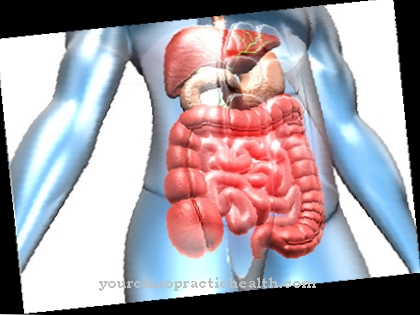

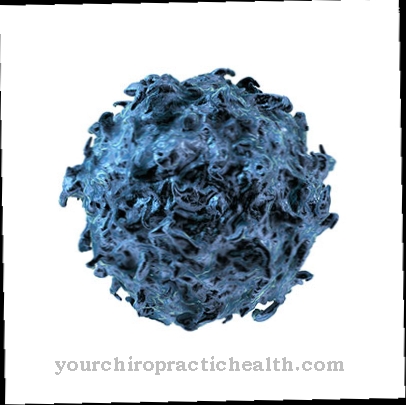
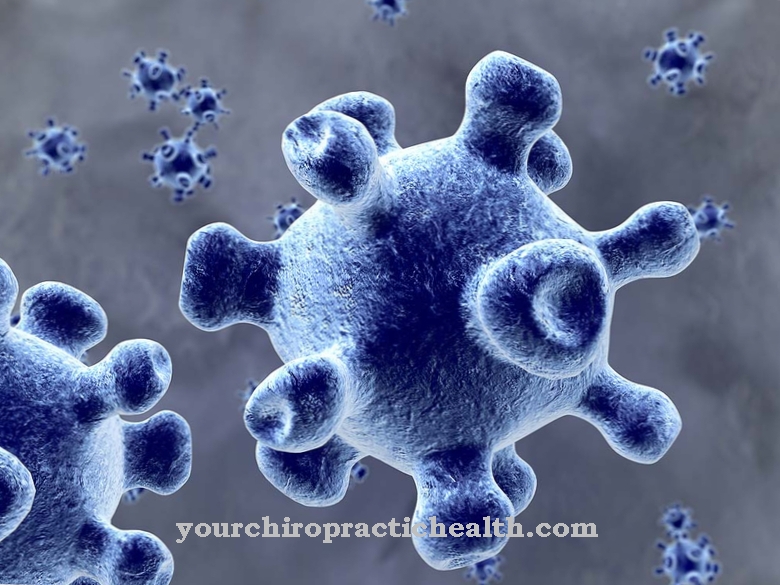

.jpg)

